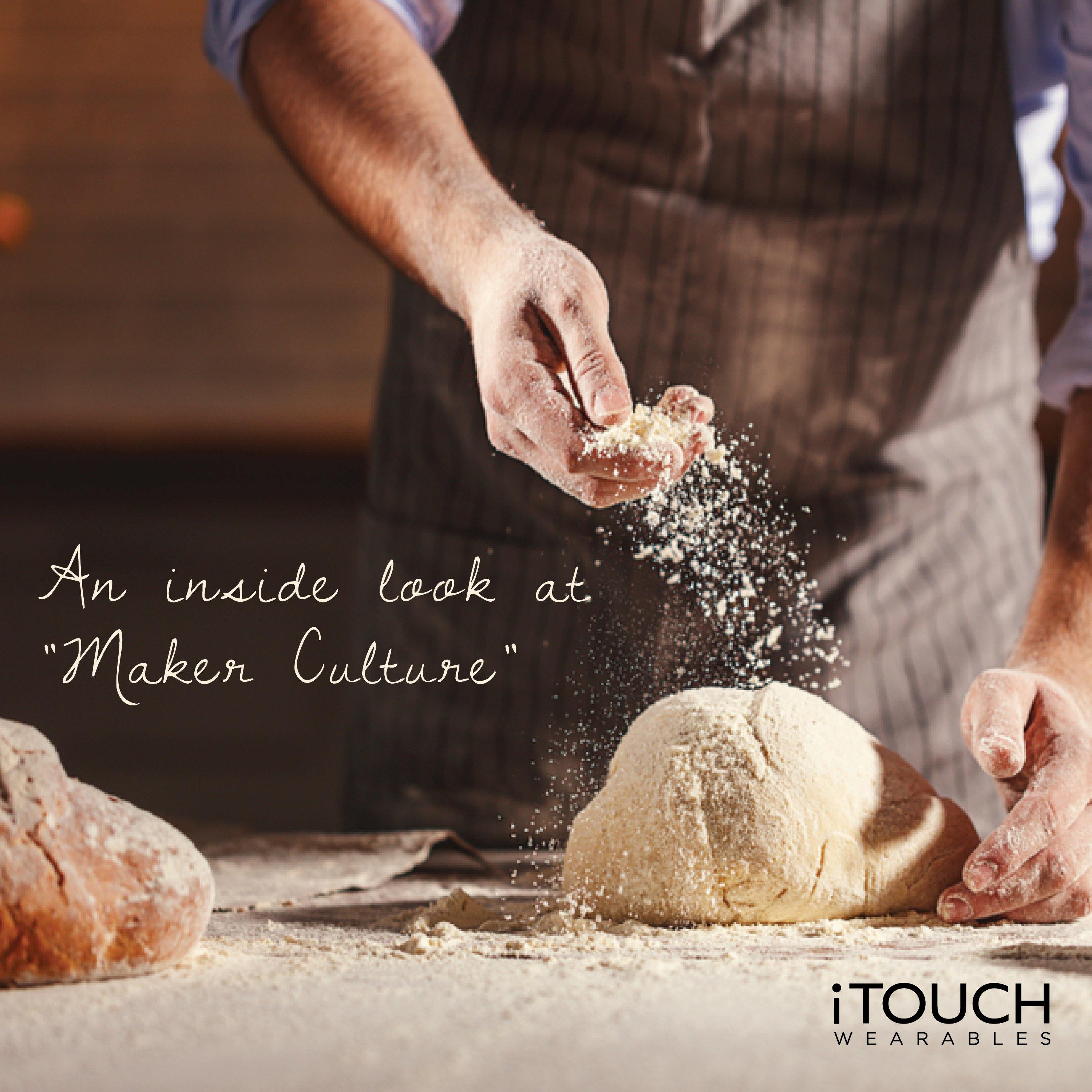
An Inside Look At "Maker Culture"
Maker Culture, like many social phenomenon that take shape within our society, is something not easily defined. This being said, for many, while it has all of the qualities of a cultural movement, it means different things to different people. It can represent different values according to the situation to which the person applies them to, and can result in extremely different business models, products, and philosophies from person to person or company to company. This said, in producing its own simplest definition, maker culture is one meant to reinstate and reinvigorate the artisan spirit. It pulls communities of any career or skill level into making something with their very own hands, from calligraphy to furniture to technology - mostly in a way that follows the traditional learning-through-doing mindset.
Maker Culture and the actual movement itself is thought to be a reaction to the disconnect and often loss of community within our society or world. Even more so, Maker Culture has been created as a bridge to pull communities back into sharing - with an emphasis on face-to-face interaction. It is said that Millennials have certainly caused the popularity in this movement, as this generation wasn’t necessarily required to take a wood-shop or home economics class and may have work-oriented parents who were not likely to pass on these important skills. Therefore, millennials take to the internet to teach cooking, crafting, gardening, building, and many more maker skills as they start to build homes and families. If you are curious about who these "makers" actually are and learn more about the movement, here is out mini-guide and inside look at "Maker Culture."
Who Are The Makers?

The emergence of maker culture depends a great deal on our understanding that different people learn through different means. As you know, some are auditory learners, while some are visual learners. However, another group learns best by doing. These are the makers - these are people who define the movement.
Maker Culture leans heavily on the idea of "constructivism." Further put, this is the notion that learning is best done through doing. Traditionally in the past, this learning technique was used by specific craftsmen to train their apprentices. It created a perfect balance of the do-it-yourself mindset with that of immersion learning. Today, we have seemingly almost moved entirely away from the apprenticeship model, a transition that’s been as regrettable as it was inevitable, and now are in favor of more formal education. However, it is important to realize that our history is filled with these types of people all learning by doing.
As Mark Twain puts it best, “I have never let my schooling interfere with my education.”
What Does Maker Philosophy Encompass?
When it comes to the Maker Culture, it is important to understand that they share these key values within their philosophy:
Value Openness
The value of openness does not need to only be within the present - it’s not a fad, and in many ways, it represents the future. The maker movement is particularly keen to remind us that openness, and a spirit of sharing, is not just a good idea, but absolutely critical to that of progress.
Make Peace With Imperfection
While some of history’s brightest innovators have been unapologetic perfectionists, a great many more made their peace with the fact that nothing will be perfect the first time around - and especially in many cases afterwards. This being said, those who are makers aren't afraid to take risks. Be open to the unexpected and learn how to grow from your past mistakes in order to move forward or think of other innovative ways to approach the issue.
Love What You Do
Finally, remember that life is only worth living if we do what we love. The maker movement places a particular emphasis on creativity and breaking out of the status quo. Simply put - they keep doing what they love and learn something new from it everyday. You can too!
The Bottom-Line

Maker Culture is taking off worldwide. Created to address a need to get our hands dirty and pull together as a community, it is benefiting the world in many different ways. By attending group events in a close city, checking out a DIY project online, or reaching out to share your skills, you are not only be adding to this amazing culture and movement, but you are be learning and improving your personal skills as well! Why not give it a shot!
Share with us if you want to be a part of maker culture by tagging us on Instagram @itouchwearables and Facebook @itouchwearables. Also, be sure to check out our new articles published daily and the latest styles on iTouchWearables.com!
-Patrick



